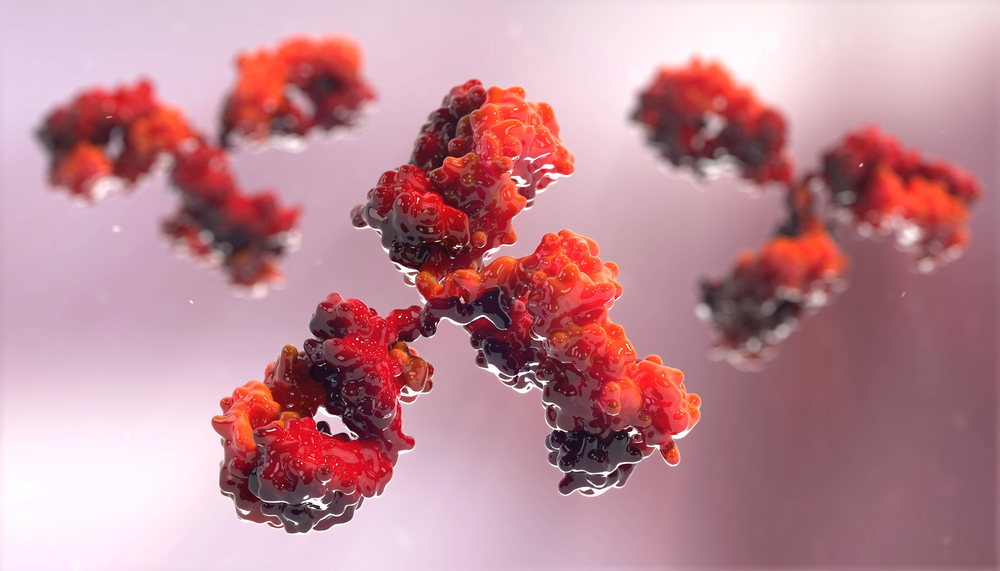New Cancer Drug-delivery Vehicle May Provide More Precise Treatment, Study Shows

Antibody-drug conjugates (ADCs), a class of drugs in which a cancer-targeting therapy is attached to a specific monoclonal antibody without harming healthy cells, continue to revolutionize the field of cancer treatment.
Researchers from the Florida campus of The Scripps Research Institute (TSRI) have developed a method to improve the stability, potency, and drug delivery of ADCs, with promising results in animal models. The new ADC contains a naturally occurring amino acid called selenocysteine, which is used to attach the toxic payload.
The study, “Stable and Potent Selenomab-Drug Conjugates,” was published in the journal Cell Chemical Biology.
“We’ve been working on this technology for some time,” lead author Christoph Rader, TSRI associate professor, said in a press release. “It’s based on the rarely used natural amino acid selenocysteine, which we insert into our antibodies. We refer to these engineered antibodies as selenomabs.”
Antibodies are large protein molecules recruited by the immune system to help identify and remove foreign antigens (targets) such as tumor cells. Antibodies can attack invading cells by disrupting the molecular pathways required for foreign cell survival or by recruiting other immune cells.
Most antibodies cannot eradicate tumors on their own, but are ideal for delivering drugs directly to cancer cells without harming healthy tissue. Combining a monoclonal antibody to a cytotoxic agent (a cancer drug) with a stable linker is the basis of ADC therapy. Optimizing each component and improving ADC functionality is the goal for designing and developing these drugs.
Currently, three ADCs have been approved by the U.S. Food and Drug Administration (FDA), although none attach the toxic payload to a defined part of the antibody. Rader and his team developed a new class of site-specific ADCs in which the monoclonal antibody is modified to include selenocysteine for antibody-drug attachment.
“We now show for the first time that selenomab-drug conjugates, which are ADCs that utilize the unique reactivity of selenocysteine for drug attachment, are highly precise, stable and potent compositions and promise broad utility for cancer therapy,” Rader said.
These ADCs, in addition to being stable, were highly effective in targeting CD138-positive myeloma cells and HER2-positive breast cancer cells of mouse models without harming healthy tissue.
“The selenomab-drug conjugate significantly inhibited the growth of an aggressive breast cancer,” said TSRI research associate Xiuling Li. “Four of the five mice tested were tumor-free at the end of the experiment, a full six weeks after their last treatment.”
Rader and his team plan to investigate similar ADCs. Rader and TSRI professor Ben Shen were recently awarded a $3.3 million research grant from the National Cancer Institute to test toxic natural products using selenomabs as vehicles for drug delivery.






